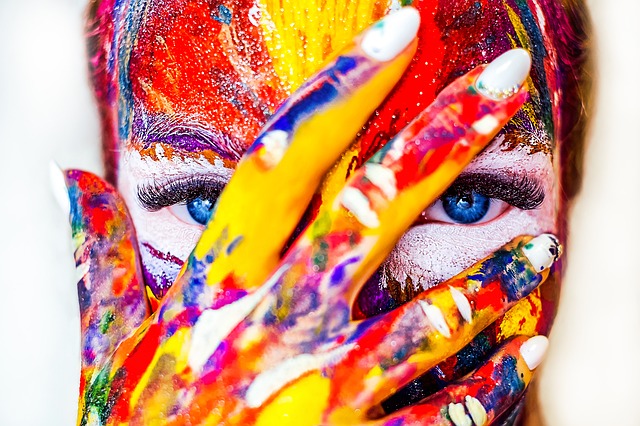
Yesterday some of the UK’s most prominent cultural institutions expressed their deep concern over the impact of Brexit and our ability to continue to be a global powerhouse for arts and heritage. In the event of a no deal, Tristam Hunt, Director of the V&A Museum, believes that their acclaimed blockbuster exhibitions may become prohibitively expensive and logistically problematic. The UK’s inability to create this cultural output both at home and abroad could diminish our soft power and significantly reduce visitor numbers. Some museums are even suggesting their doors may need to close in the short term.
So what does this mean for fundraising? Raising donations for arts and heritage causes offers its own particular set of challenges. Urgency is often the first obstacle to overcome. After all, no one is going to die if an exhibition doesn’t tour or a dance studio isn’t built. With so many competing voices, how do you get across the case for support when there are starving children in Yemen, refugees drowning in the Mediterranean and a whole cacophony of misery that desperately needs easing?
A significant amount of arts and heritage funding has rightly been focused on access. Access for under privileged and hard to reach audiences, opening up new worlds that will foster enrichment, encourage social mobility and even offer therapy through creative expression. In this way, the arts can and does save lives. However, what if the case for support becomes even more urgent? What if the very thing itself becomes under threat? With the increased costs of visas, insurance policies and staff to process these new layers of bureaucracy, how likely is it that sections of our artistic work will no longer be viable?
As ever with Brexit, there are numerous directions this could go – and of course passionate and committed philanthropists could step in and help to fill the gap – but as fundraisers I think we need to be re-framing the story. Recently I was struck by something Michael Moore said in an interview to promote his new documentary Farenheit 11/9. He made the case that the UK was the only country that allowed German émigrées Marx and Engels the space to think and create. The idea of us being an enabler of creativity and free expression is powerful and worthy of exploration.
The business case tells us that our creative industries represents a staggering £94 billion and 10% of the country’s GDP. This alone is a compelling argument to protect its interests, but for me the emotional centre of the story is identity. The arts are testimony to our openness, tolerance and willingness to collaborate beyond borders – all of the things that have contributed to our uniqueness and made us a leading light for creativity. Without this we become impoverished, and in a way far more lasting and significant then merely money in the bank. It becomes about who we are and what we want to say about ourselves. In a world where the notion of identity is so fractured, this is the story we need to be telling donors. It’s time for fundraisers to start looking at the bigger themes.